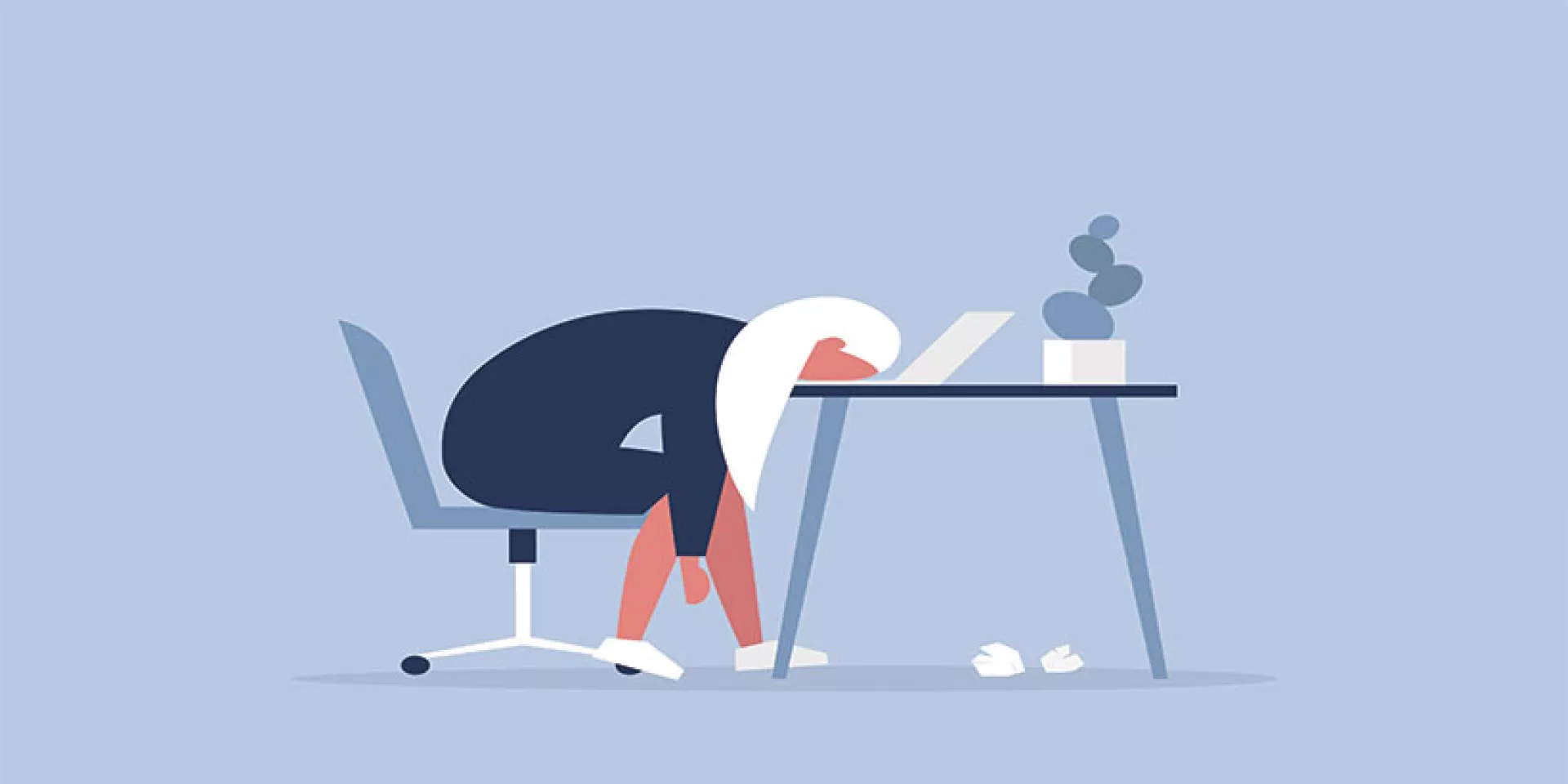by JoAnne Saunders, Registered Massage Therapist, Slow Medicine Company
Like many people in Ontario, I couldn’t work for three months as the province began its first COVID-19 lockdown in March. It was the first time in my life I sat at home without work … the first time I didn't fill my days with errands and tasks … the first time I didn't rush to make it on time for plans with friends.
It was also the first time I felt like I had enough time in the day for me.
The silver lining of my lockdown experience was the realization that as a caregiver (both in my work and in my personal life), I had overextended myself. And when I sat down and really took time to reflect, I also realized that this pattern of behaviour had gone on for much of my adult life. I had filled my days with things I was once passionate about, but I was longer passionate about anything I was doing. It wasn't because of a lack of integrity or caring – I was simply burnt out.
Burnout is much more common than many of us may think – and these days it’s been compounded by the stress of COVID-19 and lockdowns. Burnout is a state of emotional, physical, and mental exhaustion caused by excessive and prolonged stress. It happens when you feel overwhelmed, emotionally drained and unable to meet constant demands. And it has a far-reaching layered effect on your physical and mental health, your daily functioning at home and at work, and the care you give to situations and to others in your life.
Here are a few suggestions that I found helpful to combat burnout:
- Seek support. Whether you reach out to co-workers, friends or loved ones, support and collaboration may help you cope. If you have access to an employee assistance program or resources at your workplace, take advantage of relevant services.
- Try a relaxing activity. Explore programs that can help with stress such as yoga, meditation or breathing exercises.
- Get some exercise. Regular physical activity can help you better deal with stress. It can also take your mind off work. Walking outside is a great distanced activity whether you do it alone or with a companion.
- Get some sleep. Sleep restores wellbeing and helps protect your health. Make sure to make your bed every morning so that it feels inviting and sleep inducing.
- Mindfulness. Mindfulness is the act of focusing on your breath flow and being intensely aware of what you're sensing and feeling at every moment, without interpretation or judgment.
- Learn to say NO. Saying no when you can’t or don’t want to do something indicates respect for yourself and the other person(s) involved. Because you are being honest and authentic, those qualities cultivate healthy relationships at both home and work.
- Massage therapy. Massage engages both the physical and mental health proponents of our bodies with therapeutic touch. It can help people to feel centered and engaged with their physical selves; it can also be a mindful practice where you set aside your appointment time to focus solely on the here and now and be in the moment.
These are trying times, but remember to focus on taking care of yourself first. Stay safe, and stay grounded.
------------------------------------------------------------------------------------------------------
Slow Medicine Company is generously offering 15% off all registered massage therapy until the end of January, with promo code: MGHospital. Book here.
